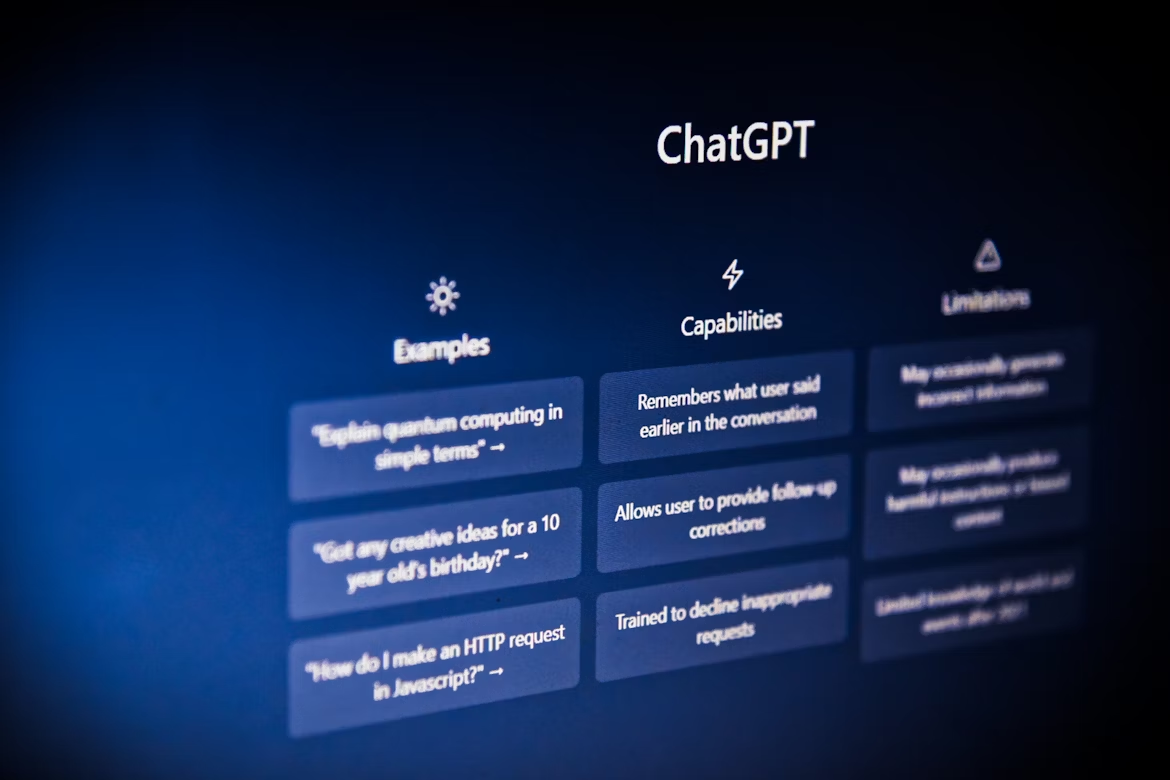
When OpenAI tweeted a six-second teaser video on Tuesday morning, Google's parent company Alphabet watched $150 billion of its market cap evaporate faster than you can say "monopoly breakdown". The culprit? The newly released ChatGPT Atlas, OpenAI's supposedly revolutionary browser that was supposed to blow Chrome off the internet map. Except here's the punchline that took Wall Street about 24 hours to grasp: Atlas is Chrome—or more precisely, it's built on Chromium, the same open-source skeleton that powers Chrome, Microsoft Edge, Opera, Brave, and about 75% of the world's browsers. By market close, Alphabet shares had recovered to $251.69, still down about 2%, but the panic attack was over. HSBC analysts weren't amused, saying that Atlas's features aren't remotely unique, whereas Google had already previewed similar AI agent capabilities for Chrome back in September. What initially looked like a competitive thermonuclear strike turned out to be something closer to wrapping Google's own technology with ChatGPT stickers slapped on the hood.
Yet dismissing Atlas as mere vapourware misses the strategic positioning OpenAI is taking and why the market's initial jitters weren't entirely irrational. Atlas offers seven genuinely clever features: ChatGPT embedded in every tab, context-aware assistance, inline writing help, persistent memory of your browsing patterns, natural language commands, and best of all, agent mode, where the AI clicks around websites on your behalf to complete tasks like booking flights or comparing products. This isn't technically groundbreaking, but it's psychologically revolutionary. OpenAI has 700 million ChatGPT users who already trust the brand to draft their emails and explain quantum physics. Convincing them to switch browsers isn't about technical superiority; it's about ecosystem lock-in. Compare this to Perplexity's Comet browser, a perfectly serviceable AI-infused browser that's barely made a dent in Chrome's desktop market dominance. Perplexity even made a $34.5 billion unsolicited bid to buy Chrome outright in August, a publicity stunt that generated headlines but zero market movement. Why? Because Perplexity lacks OpenAI's gravitational pull. ChatGPT isn't just a product; it's a digital infrastructure for millions of knowledge workers, building on top of its first-mover advantage. When they launch Atlas, users aren't evaluating browsers, but their relationship with an AI they already depend on daily.
Here's where it gets tricky, and why Google's engineers are probably running scenario simulations through the night. For decades, the browser wars operated under tacit cooperation: browsers competed on features, but fundamentally they all transported users to Google's search engine, where the advertising money fountain never stopped flowing. By making ChatGPT the first interface where you ask the AI a question and website links become secondary, Atlas inverts the traditional search hierarchy. Google generated the vast majority of its revenue through search advertising, and if millions of users start treating ChatGPT as their search layer, those ad impressions vanish like morning mist. Google's optimal counterstrategy isn't to build a better AI (they have Gemini); it's to make Chrome so deeply integrated and intuitive with Gemini that switching browsers becomes painful. Think about it: passkeys, autofill passwords, synced history across devices, and enterprise admin tools—Chrome owns the pipelines of corporate America. Microsoft learnt this lesson with Edge, where being objectively faster and more efficient than Chrome did not entice IT departments to switch because migration costs are brutal. The playbook here suggests both players will escalate AI features to near-parity, but neither will capture decisive market share precisely because the switching costs are asymmetric. OpenAI has cultural momentum; Google has infrastructure moats. What happens next? I'd wager we're headed for vertical fragmentation rather than winner-takes-all. Atlas will carve out 10-15% market share within 18 months, enough to spook investors but not enough to dethrone Chrome. The real battle won't be browsers; it'll be which AI becomes the default reasoning layer people trust, and that's a war fought in user experience, not rendering engines. Google's stock recovery suggests the market figured this out right as the initial panic subsided: Chrome isn't dying, but the internet's front door just got a second doorbell, and Silicon Valley will never be quite the same.
Sources: Wired, Emarketer, Tomsguide, CNBC
Photos: Unsplash
